This blog post is extremely overdue. I understand that for those who are new to the concept of ethics and sustainability, understanding the differences between the two terms can be difficult – there’s even the question as to whether there even is a difference. Although this dilemma can be subjective, here’s how I define the two…
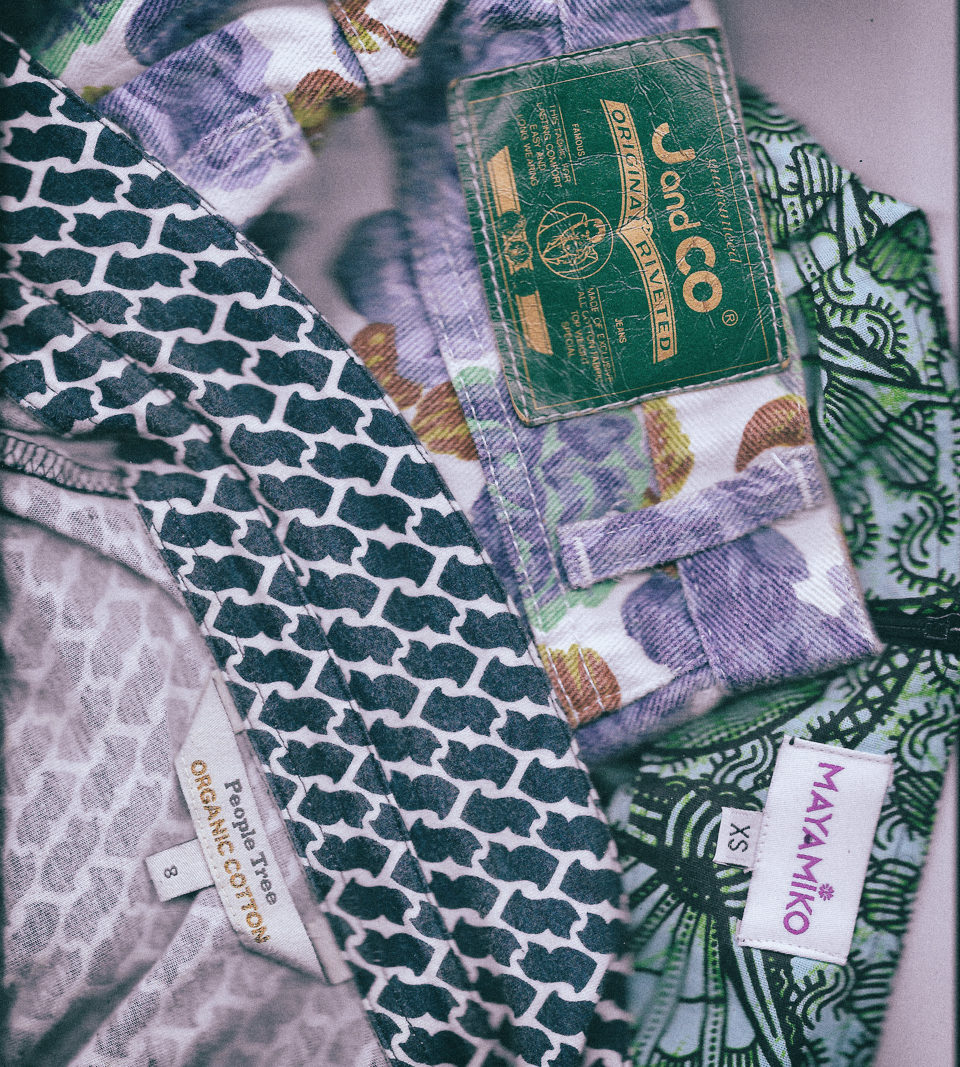
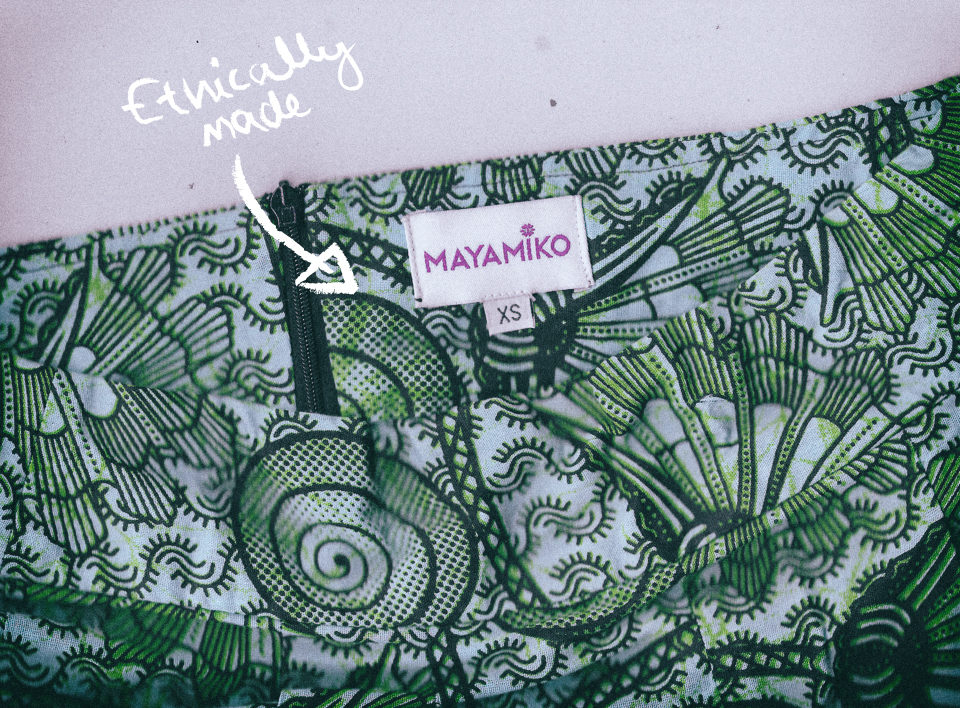
ETHICAL FASHION
Related Terms: Fairtrade, Fair Fashion, Cruelty-Free
Ethical
adjective
1. relating to moral principles or the branch of knowledge dealing with these.
Synonyms: moral
Ethics
noun
1. moral principles that govern a person’s behaviour or the conducting of an activity.
Synonyms: moral code, morals, morality, moral stand, moral principles, moral values, rights and wrongs, principles, ideals
Ethical fashion is fashion that takes into account the morals of manufacturing. Ethical fashion is generally fashion and clothing produced with the whole production line and supply chain in mind, from cotton pickers to those who seal up, package and deliver. The belief that all workers and those affected by the production of garments should be treated equally and fairly, is the common mindset behind most ethical fashion brands.
The providing of a safe working condition, a living wage and a kind and non-abusive work environment are the usual priorities of those producing ethical alternatives to the likes of fast-fashion.
Ethical fashion avoids the use of forced, slave and child labour throughout the manufacturing process and organisations like Fairtrade International are able to help brands and companies to label and guarantee that safe and ethical practices are being put into place. Often brands don’t just ensure ethical practices but they also support and improve the livelihood of the workers they employ, especially those of which are in developing countries.
Ethical fashion can also be a term to cover cruelty-free and vegan practices, meaning that no animals are harmed or used as part of the production of clothing. An example of a vegan fabric is Peace Silk; Peace Silk is produced from moth cocoons after the moths have emerged and flown away, therefore it does not disturb or kill the moths in order to be woven into fabric.
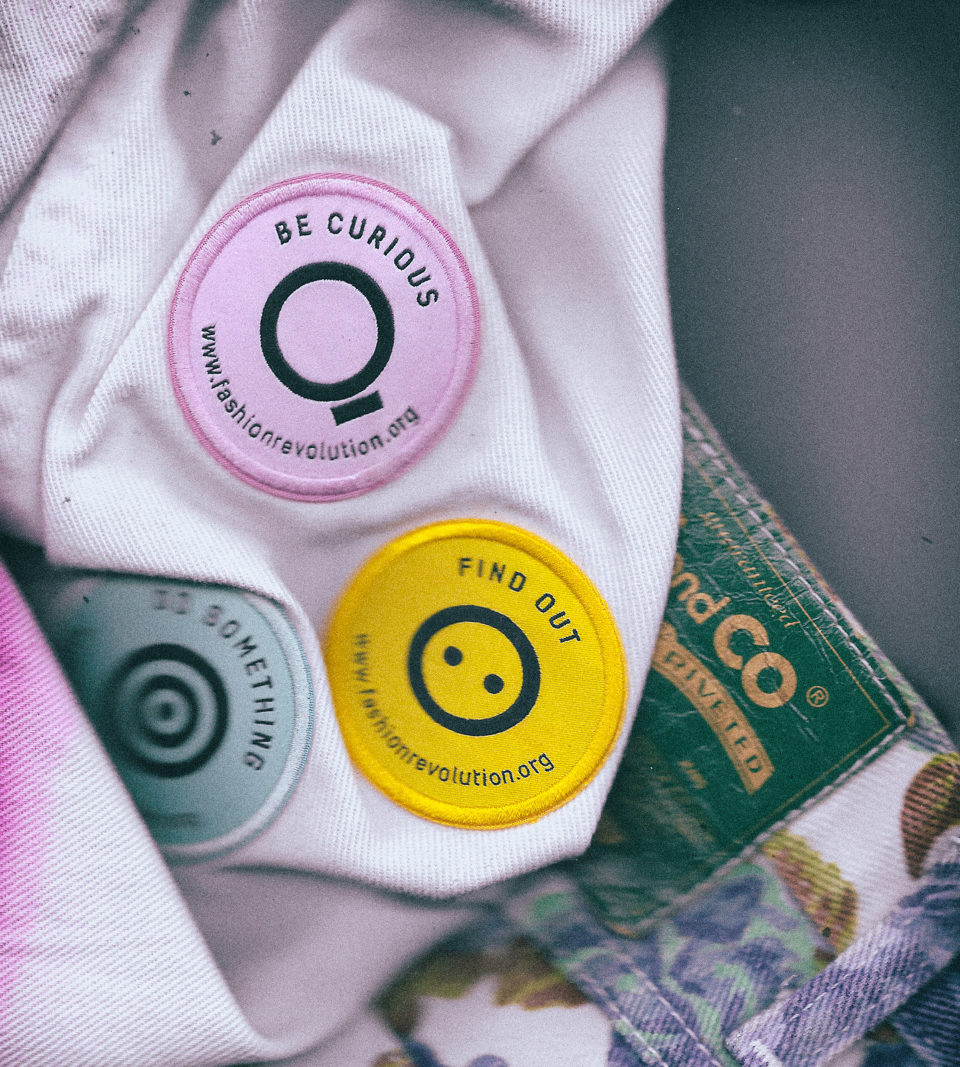
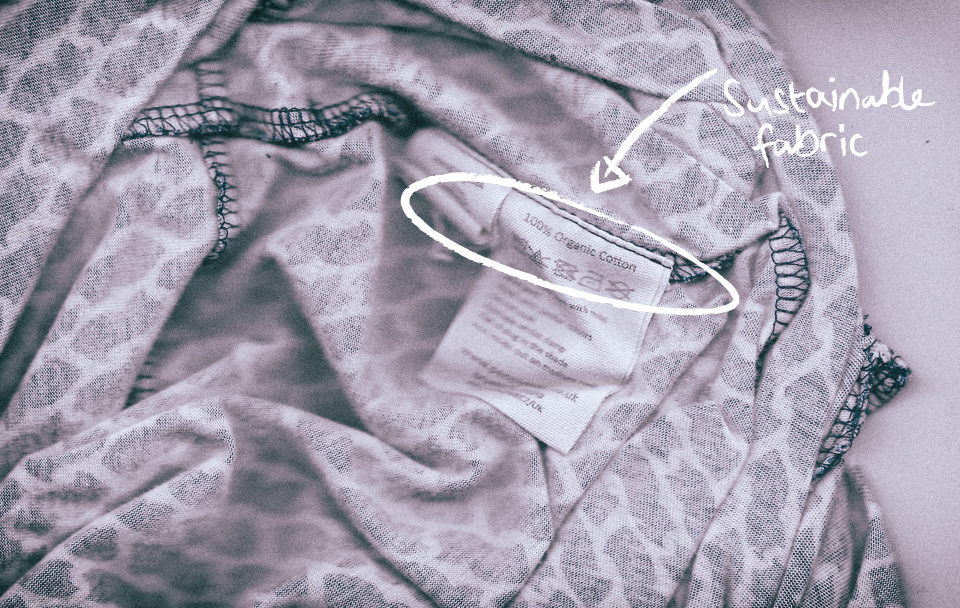
SUSTAINABLE FASHION
Related Terms: Slow Fashion, Eco Fashion, Eco-friendly, Green Fashion, Organic, Recycled, Upcycled, Second-hand, Vintage
Sustainable
adjective
1. able to be maintained at a certain rate or level.
2. able to be upheld or defended.
Synonyms: viable, unceasing, imperishable, renewable, unending
Sustainability
noun
1. the ability to be maintained at a certain rate or level.
2. avoidance of the depletion of natural resources in order to maintain an ecological balance.
Synonyms:
Sustainable fashion is fashion and clothing produced to last and with the environmental costs of production, in mind. Seeing as fashion is the second most polluting industry in the world, sustainable fashion aims to cut down on pollution and the negative consequences fashion production has on the earth.
Not only does sustainable fashion recognise things like pollution (whether that be into the water systems, the atmosphere or the ecosystem), it also recognises the dangers of the fast-fashion business model. Sustainable fashion brands often provide less choice, choosing to focus on quality rather than quantity, making the supply chain as eco-friendly as possible. This is also known as ‘slow fashion’.
Sustainable fashion brands often use organic fabrics, avoiding the use of pesticides and synthetic materials which have a damaging effect on the environment (as well as those who live nearby to farms and factories). Organic and natural fabrics (like cotton or bamboo) are biodegradable, which means they won’t cause as much as an issue when it comes to disposing of them.
Second-hand and vintage clothing is also considered to be a part of sustainable fashion as it is a form of recycling, meaning the consumer isn’t supporting the production of new clothing.
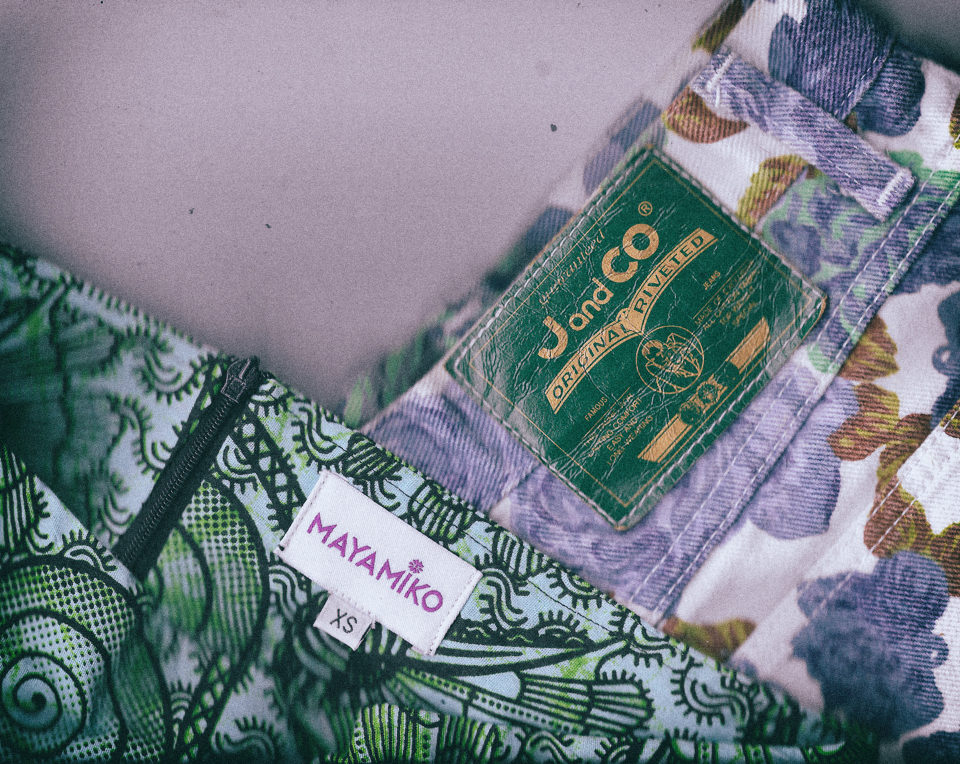
Often both terms get combined – ethical and sustainable fashion – simply because both go hand and hand. Although certain brands often focus on one or the other more prominently, most of the time you will find that those who believe in ethics also believe in sustainability and vice versa.
There are certain things to be aware of though, like greenwashing, for example. These terms shouldn’t be thrown around lightly for the sake of it. I wrote all about greenwashing here, so for a more in-depth look at the issue, go and take a read. However, the main takeaway is that with ethical and sustainable brands, for the most part, they will fly the ethical or sustainable flag proudly.
One way I differentiate a brand from being ethically or sustainably focused as to not, is by taking note of how openly they discuss the issues at hand. If for the most part, ethics or sustainability doesn’t seem to be their main priority, you can use that to make your decision as to whether to support them or not.
Clothing featured: Mayamiko (ethical), People Tree (ethical/sustainable), vintage Skirt (sustainable) and upcycled DIY jacket (sustainable).
Has cleared things up for you? Do you have any more questions? Leave them in the comments below…







